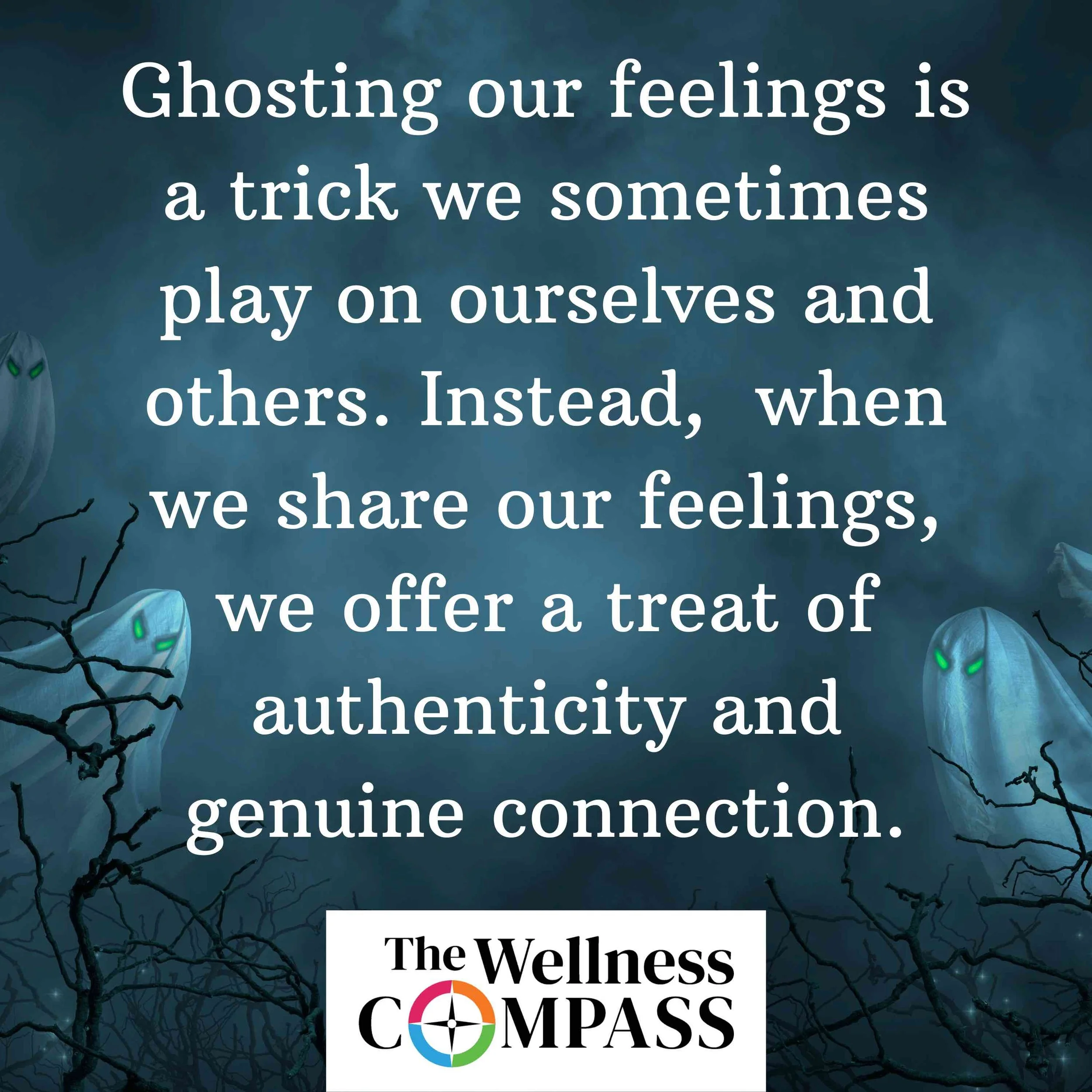Find, Remind, and Bind
The Wellness Compass Initiative is our partner community wellness initative that serves schools, counseling centers, nonprofits, and other community wellness organizations. Each week Holly Hughes Stoner and Scott Stoner co- write a column for Wellness Compass and we are pleased to share it here on our Living Compass site. There is also a Wellness Compass podcast at www.wellnesscompass.org/podcast.
No one likes to encounter turbulence while flying. However, two things can significantly reduce our anxiety in those bumpy moments: forewarning and preparation.
When the captain announces ahead of time, "Ladies and gentlemen, we're expecting some turbulence during the flight so please fasten your seat belts," it shifts the experience. When the turbulence does happen, we feel reassured, knowing the captain anticipated it and is in control. Compare this to a flight where there's no warning, and the turbulence catches everyone off guard. Suddenly, the captain comes on the loudspeaker, urgently telling passengers to sit down and buckle up. The lack of preparation creates unnecessary stress.
With this metaphor in mind, consider this is your captain's announcement as we begin our journey through the holiday season: “There will likely be turbulence ahead”.
Navigating the joys and stresses of the holidays can be challenging. In fact, a recent mental health study found that 68% of people experience high levels of stress and worry during this time of year. As therapists, this is our busiest time of year.
Let's normalize that the holidays can be a vulnerable time of year. All of our emotions are magnified—our joys and our sorrows. Grief is common as we miss people who are not with us this year for any number of reasons. Financial pressures intensify this time of year as well. The pressure to overindulge in food, alcohol, as well as activities is substantial. And it's easy to compare our "insides" to everyone else's "outsides," thinking that we are the only ones not having the "perfect" holiday season—whatever that may be.
Here are a few tips to help you navigate the holidays with more peace and purpose and reduce the possible emotional turbulence you may experience during the holidays:
Focus on the meaning of the season.
Shift your attention to the spiritual and core values that resonate with you. Resist the commercialism that often leaves us feeling like we're not enough.
Prioritize presence over presents.
Find shared meaning with a supportive community. Connect or reconnect with friends and family. Volunteer your time to an organization needing extra help during the holidays. Send a gratitude message to someone. Presence actually means more in the long run than presents.
Honor all your emotions.
The holidays don't have to be the "happiest time of the year" if that's not what you're feeling. Let yourself experience your emotions—joy, sadness, nostalgia, stress, or even ambivalence—without judgment. All are ok and expected.
Practice self-care.
Make intentional decisions about rest, movement, spending, eating, and drinking. Setting healthy boundaries and listening to your own needs will protect your energy so that you have more of it to share.
Making a plan right now about how we will navigate the holidays will help us stay centered (and prepare for possible turbulence) this time of year, one that is filled with both joy and vulnerability.
You can listen to our companion podcast, Wellness Compass, at www.wellnesscompass.org/podcast or in any podcast app.
Subscribe Now to Weekly Words of Wellness:
Click the button below to signup for the e-mail version of Weekly Words of Wellness. This weekly article can be shared with your community electronically and/or used for group discussion.
You can unsubscribe at any time.




